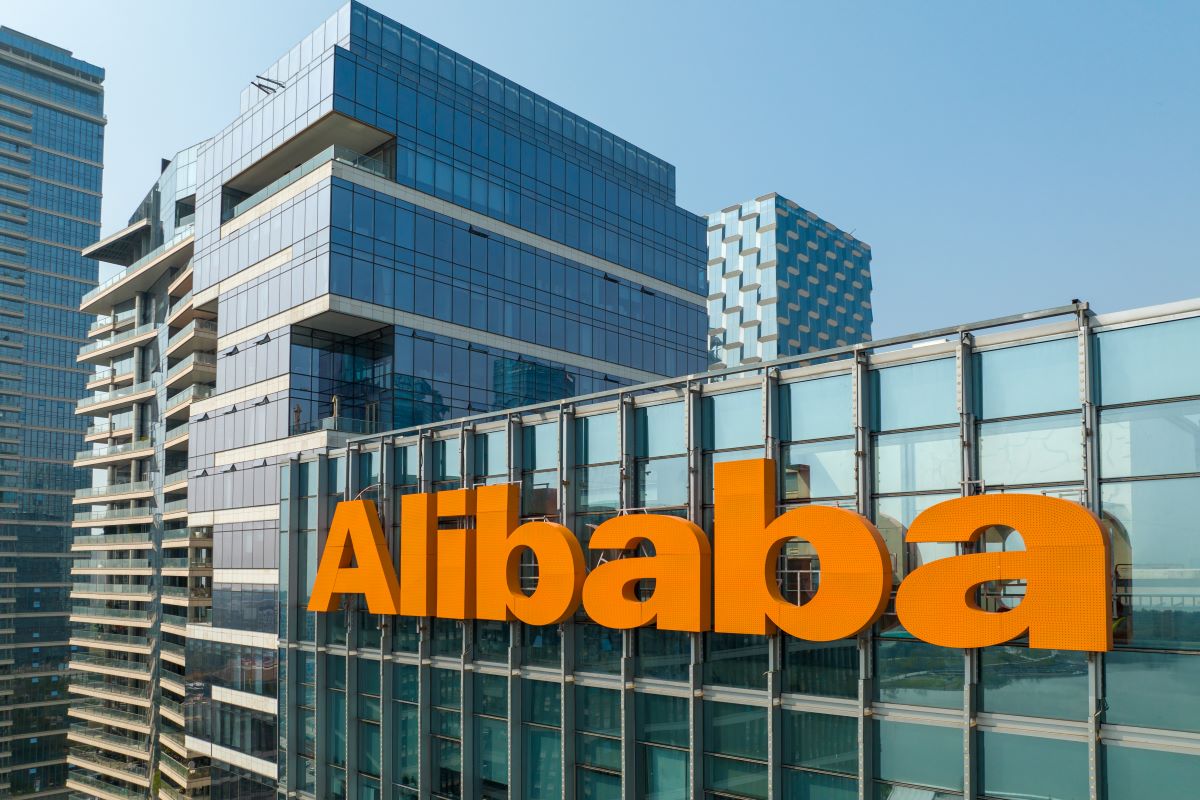After enduring months of scrutiny and paying billions of dollars in fines, Chinese e-commerce giant Alibaba is seeking a dual primary listing in Hong Kong along with New York, as Beijing’s tech crackdown has somewhat cooled off. Alibaba’s Hong Kong listing will allow it to access capital from Chinese markets through the popular Stock Connect programme.
While the company said it wants to diversify its investor base, Alibaba’s move may be perceived as an attempt to appease Chinese authorities when Hong Kong’s status as a key Asian financial centre is under threat. Alibaba’s application for a primary listing in Hong Kong comes at a time when investors are worried about Chinese companies getting delisted from US bourses.
Advantage of Alibaba’s Hong Kong listing
Alibaba, the world’s biggest e-commerce firm by sales, already trades on the Hong Kong stock exchange, but it is a secondary listing. The bourse recently changed rules to make it easier for companies to have a dual primary listing, and Alibaba has emerged as the first large company to take advantage of this amendment.
“We have received approval from the Board to apply to add Hong Kong as another primary listing venue, in the hopes of fostering a wider and more diversified investor base to share in Alibaba’s growth and future, especially from China and other markets in Asia,” said Alibaba Group Chairman and Chief Executive Officer Daniel Zhang.
Alibaba’s Hong Kong listing will be updated by the end of 2022. The company’s US-listed shares jumped as much as 6.5% on news of the dual primary listing, whereas China’s tech stocks also received a boost. The Hang Seng Index was up 1.7%, rising from a one-week low.
Alibaba has lost nearly two-thirds of its valuation after the Chinese government launched a regulatory crackdown on the technology sector, with the Jack Ma-founded e-commerce giant being penalized a record $2.7 billion for antitrust violations. The primary listing in Hong Kong will give Alibaba access to capital from mainland China.
“By upgrading its listing on Hong Kong Stock Exchange, Alibaba Group places itself further under the control of Xi Jinping & China State. This matters to UK, given the substantial amount of UK pension money invested in Alibaba,” tweeted Sam Goodman, Director of Policy & Advocacy at human rights NGO Hong Kong Watch, and former political advisor to the UK’s labour party.
The elevation of Alibaba’s shares may urge other Chinese companies facing a US delisting to consider Hong Kong as the main destination. JD.com, Baidu, Netease, Bilibili and other big firms are likely to woo mainland investors using the same route. Li Auto and XPeng already have dual primary listings in both the US and Hong Kong.
Meanwhile, Alibaba has removed all executives of its financial affiliate Ant Group from its partnership, bringing down the total number of partners to 29 from 38. Ant Group said the move is an effort to improve corporate governance. The fintech giant was due to go public in 2020, but Beijing intervened in the world’s biggest IPO. Recent reports indicate that Ant’s IPO discussions have been revived and the removal of partners from Alibaba could be a positive move towards going public.


 Australia
Australia China
China India
India Indonesia
Indonesia Japan
Japan Malaysia
Malaysia Philippines
Philippines Singapore
Singapore South Korea
South Korea Taiwan
Taiwan Thailand
Thailand Vietnam
Vietnam







